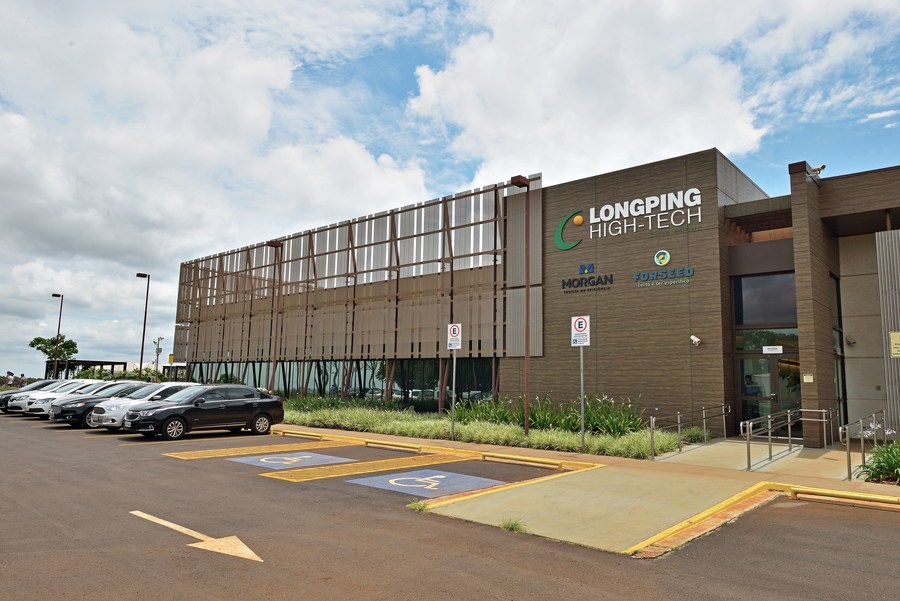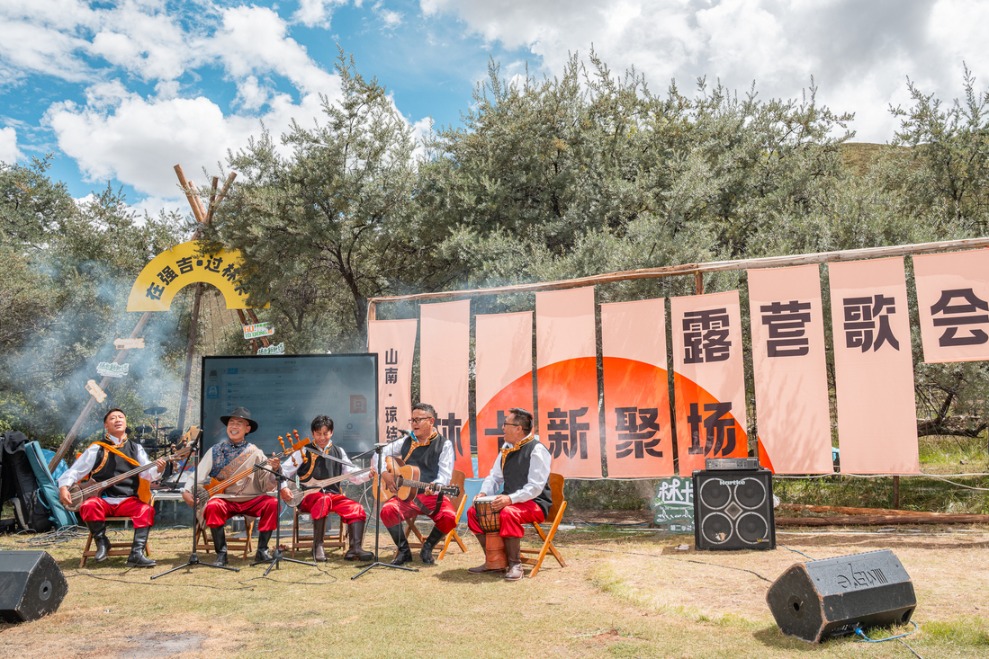Xiconomics: How China, along with other BRICS nations, turns aspirations for common development into reality


BEIJING -- Traversed by the lower Amazon River flowing into the Atlantic Ocean, the state of Para has one of the busiest port in Brazil and a wealth of mineral and agricultural resources. However, for decades, local people have been struggling to harness the natural abundance to their well-being.
Lack of funds on large projects such as roads and transmission lines delayed the state's integration with markets in the country's rich south. And local residents have limited access to smaller infrastructure that more directly helps them to earn money.
Aline Feitosa, a mother of four who runs a small bar in Brasil Novo in Para state, is upset about muddy roads in the city. "People didn't come to my bar because of the mud in the rainy season and the dust in the drought season."
Among the country's 26 states, Para is the fifth poorest in terms of GDP per capita due in part to a chronic shortage of infrastructure. But things are changing for the better.
- Global engineering congress to be held in Shanghai
- 'Lingka' custom in Xizang evolves into new form of cultural tourism, vibrant lifestyle
- From logging to guardianship: How China protects green source of its 'mother river'
- China rescues 10 Myanmar seafarers in South China Sea
- Qingdao sees surge in travelers to S Korea under its temporary visa-free policy
- China's 2025 box office surpasses 2024's full-year gross





































